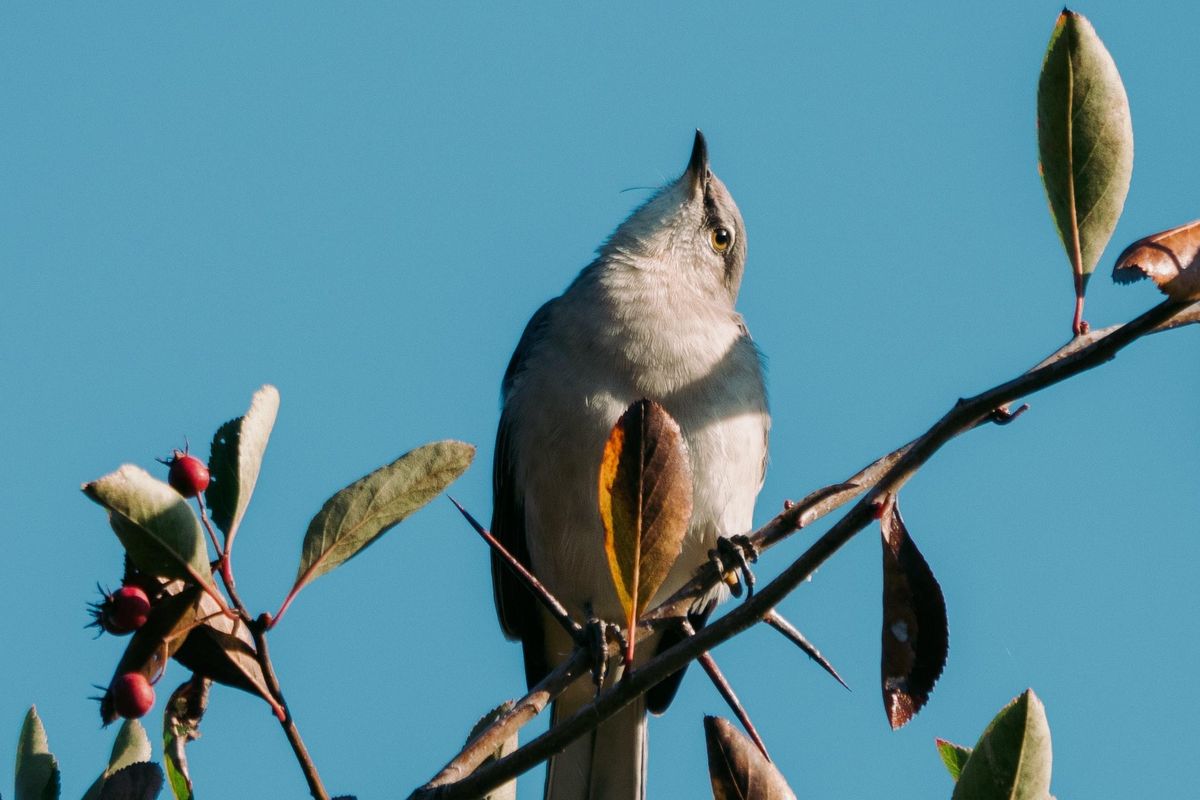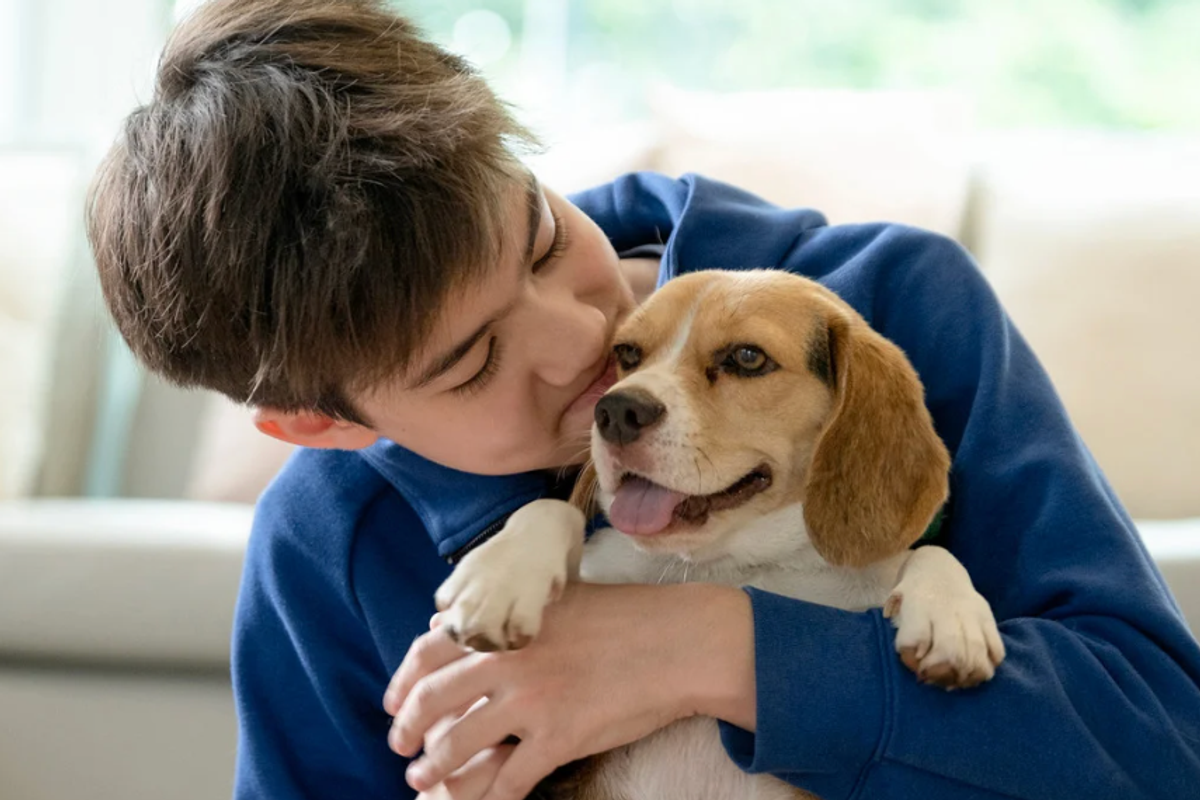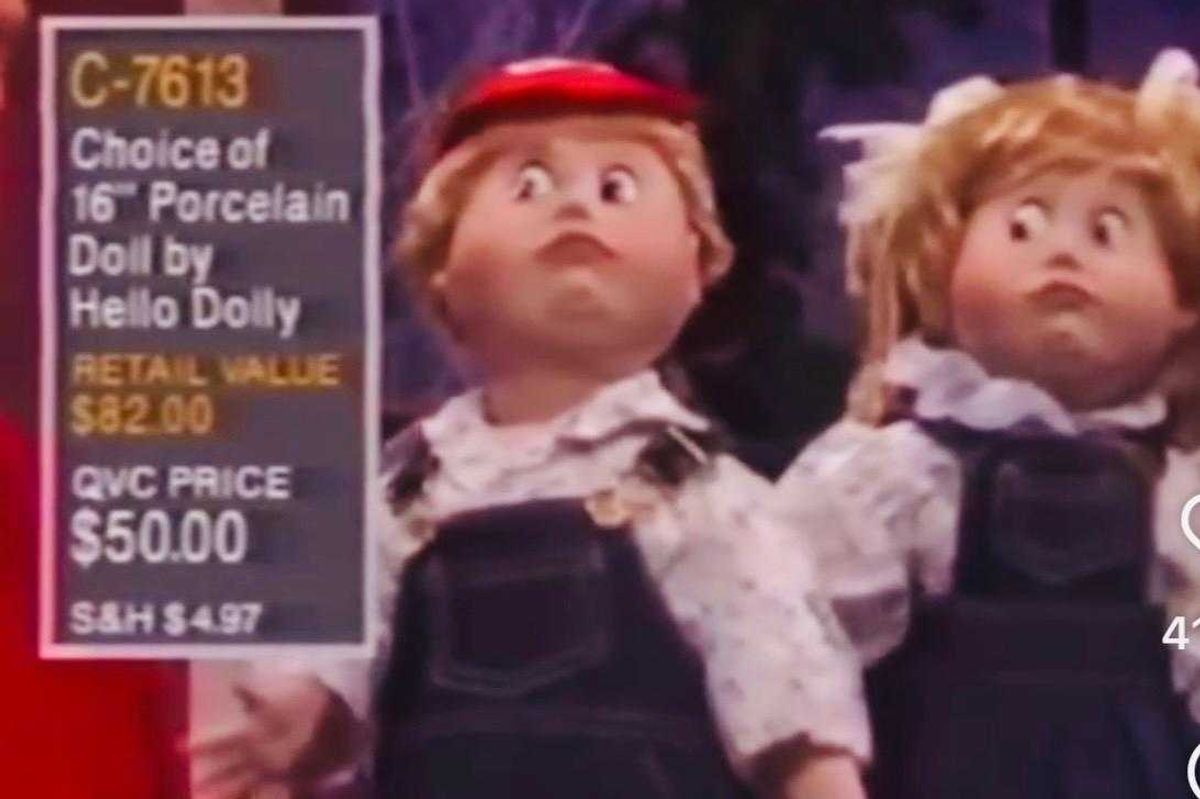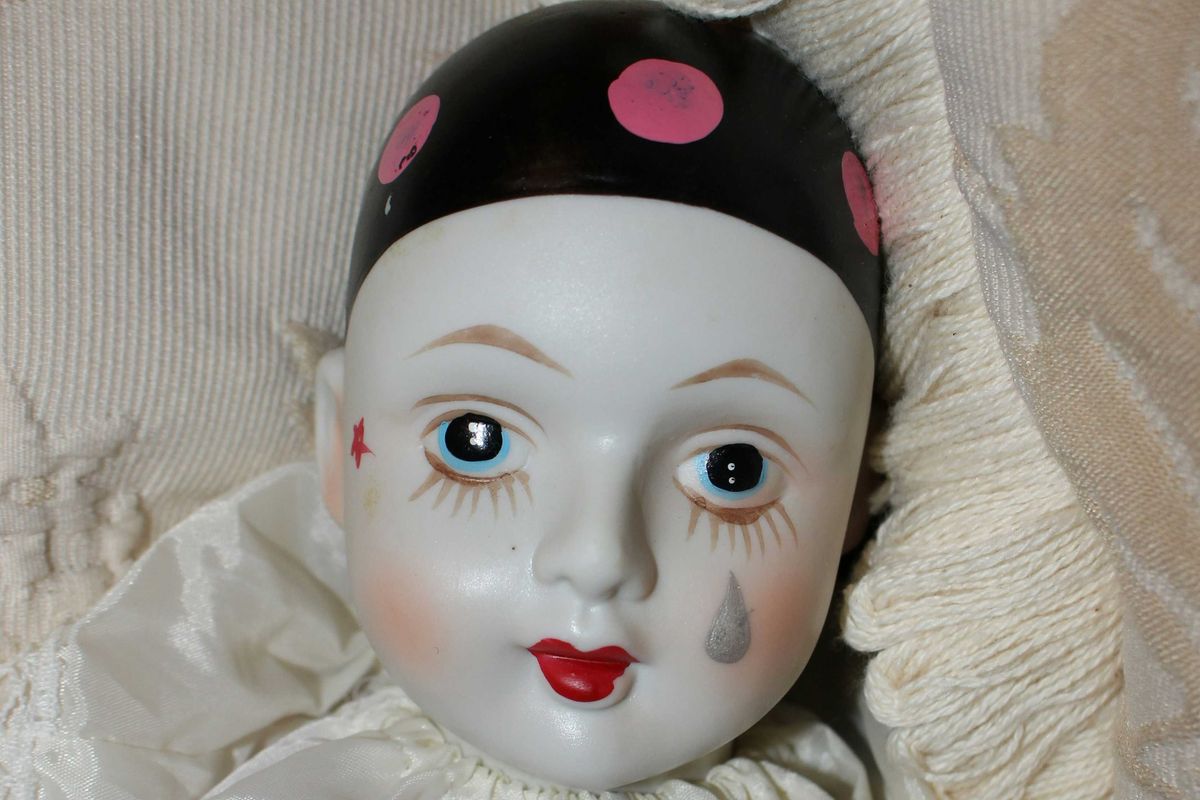In praise of morning birds
Every morning, when the windows of my house are raised, I remember how much of a gift it is to be alive together.

On the day I heard my grandmother laugh so deep and so precious it made my stomach quake, I am sitting on the edge of my wooden kitchen table, staring out the window as the sun beats against the seals. The morning is hot, a bit of the southern stuffiness that happens in Georgia during the summer months, and the wind blows pages out of order as they sit on the table. Just a few moments ago, I am pouring my coffee into my dinner mug, setting it on the table, raising the windows a bit so that the warm breeze can enter my house. Ten minutes later, the red mug that I got from the bookstore some months ago is empty, the contents of the cup have warmed my insides. I close my ends. I take three long, deep breaths in. I take three long, deep breaths out.
And I hear the sound of morning birds.
I have made it a practice of late to raise the windows in the morning time to be greeted by their song. The chirping, swift, sharp and high-pitched echoes from one bird to another. For a few seconds, I pause, gazing upward from the green grass to the trees that sway in the distance. For a few seconds, I pause long enough to notice that no one bird interrupts the others. Each bird, one by one, makes a noise and then another and then another. My grandmother told me that when birds sing, if you listen close enough, you can tell that their melodies are never drawn out. It doesn’t take much to be heard, I guess. In one simple sound, overheard through the glass window, their presence is felt in my world. There is no pressure. There is no stage. There is no timeline. There is only a small animal doing what it has been created to do, reminding me that in life, I too take up space and whatever space I crave in this world is enough to make another pause and pay attention.
This reminds me, strangely enough, of the times as children where we would be in the church on Sunday mornings. For us, children of the black rural South, Sunday mornings were much like Friday nights around time. See, on Friday, the days the town would shut down because of high school football games in the fall, hardly anything moved. As the football time made their way to the altar between the lines, the miracle was the fact that under these lights even the most public of failure demanded intentional presence. Mothers, fathers, cousins and friends would make their way to the bleachers to experience what could only be called “baptism”—experience being enveloped by the simple yet powerful gaze of the body’s movement under pressure. That moment, much like Sundays at church, feels divine and sacred, I guess. Or maybe that’s too much. I do know that from a child, both Fridays and Sundays made such an impression that I too ran up and down the field; I too ran up and down the church.
I don’t think I know the age of birds or even if, from their perspective, their songs are sung again and again, but I do know that every morning, when the windows of my house are raised, I remember how much of a gift it is be alive together.
 woman in red white and blue plaid shirt smoking cigarettePhoto by NATHAN MULLET on Unsplash
woman in red white and blue plaid shirt smoking cigarettePhoto by NATHAN MULLET on UnsplashI called my grandmother a few days ago and asked her if she remembered the time she, sitting on the porch a few weeks ago, told me about the solace she has found by being wrapped in the silence. Every morning, like me or me like her, she makes her coffee, says her prayers, read her Bible and then sits on the porch. “Do you like think or you just sit,” I asked her, wondering if we were more alike than I remembered. “I just sit,” she said. “I remember how as kids, we would just love to come on the porch and sit and listen to the birds.” I asked her if she still does this. She said yes. “I love it,” she told me. “Ohhhhhh, I do.”
A few months ago, after having sat on the porch for years with my grandaddy, sharing laughs and coffee along with the sound of birds and the cool South Carolina breeze that would touch their cheeks, grandma said her final goodbyes to him. That moment too was wrapped in silence. Grandaddy had dementia. Every time I saw him, at least for the last few years, he repeated the same story over and over, again and again, until I got proficient at telling the story to him before he started talking. “There was El Paso, Texas,” I would say. “And then there was the poetry,” I would say. “And then …. Let me see …” At that moment, he would laugh, pop me three times in my chest with the black side of his hand, before giving me the type of hug that was gestured by one minute of heavy laughter. “You on the good foot,” he would ask, mimicking James Brown the best way he could. “Of course grandaddy,” I would say. “You already know.”
That morning, the morning coronavirus made his heart beat faster than my legs ever ran on the football field or across the floors of the church, and then ultimately making it beat so hard that it finally gave way to a singular line, grandma looked at his body, clothed in the white gown with blue streaks, through the glass barrier. She could not touch him. She could not kiss him. She could not touch the top of his head nor grasps the depths of his feet. The next time that would happen: the day of the funeral. I’ll never forget that day or the sound or the picture of her rough hands touching him and sitting as still as the trees that surround their house. I’ll never forget it.
I’ll also never forget that afternoon, the house smelling like perfume, chicken, sweet potato pie and grief, the moments grandma and I shared on the porch. We didn’t say much. We just sat there. Together. Cars lined the concrete road, dirt and rocks mixed; loud voices were heard faintly through the shut door. Her hands rested in her lap. She still had on the two-piece suit she wore to the funeral. Blue, with a white blouse, the pink flower resting on the left side of her chest.
The dawn chorus is said to be the song of blackbirds, robins, Eurasian wrens and chaffinches. It is said to mark the magical beginnings of a new day. It is said that it is an explosion of life bursting out of the Earth that makes the heart leap. It is said that whether you are in the city or in the country that you can hear this sound. It is said that this sound is most noticeable in spring.
 crowd of people inside room dancing while watching person singingPhoto by James Barr on Unsplash
crowd of people inside room dancing while watching person singingPhoto by James Barr on UnsplashWell, grandma said when she sits on the porch every morning, she hears less and less birds singing. I guess she meant that with grandaddy being gone, the birds are lot less happy like her and that like Toni Morrison’s Shalimar in "Song of Solomon," grandaddy has learned how to fly and has found his rest. I guess when she said that less birds are around and then started talking about climates changing, she was talking about our lack of pausing to care for the Earth and noticing how things so precious aren’t around anymore. I guess she was saying that we too are like the birds, we have survived so much and have found a way to greet each other in the morning with something that makes the heart softer. I guess she didn’t mean any of that, but to remind me the power of our presence together in grief: it weds what we lost to what we remember and lets us know that so much love remains.
The birds of the morning turn a song into a memory, an ordinary porch into an altar. What else can we give to one another in these moments of sadness but something that reminds each other that there are two of us here? What else can we give to one another but the assurance that stories don’t always when bad things happen?
The birds greeted me this morning. My windows were up. Grandma sat on the porch. We sipped coffee together.



 A man being licked by a golden retreiver.
A man being licked by a golden retreiver.  A dog's tongue close-up.
A dog's tongue close-up.  A golden retreiver getting their teeth brushed.
A golden retreiver getting their teeth brushed. 
 Homemade granola bars with chocolate chips – perfect for a delicious snack!
Homemade granola bars with chocolate chips – perfect for a delicious snack! Refresh with a healthy green juice boost.
Refresh with a healthy green juice boost. Making fresh orange juice in the kitchen. 🍊
Making fresh orange juice in the kitchen. 🍊 Be careful with supplements.
Be careful with supplements.

 A white porcelain doll with a tear stain. Photo by
A white porcelain doll with a tear stain. Photo by 